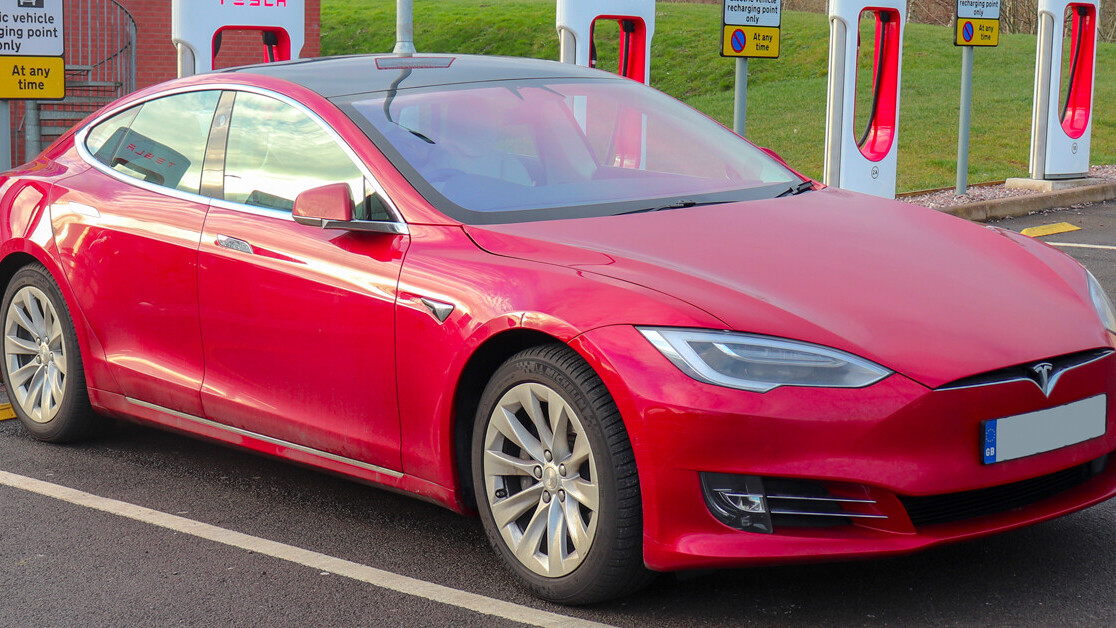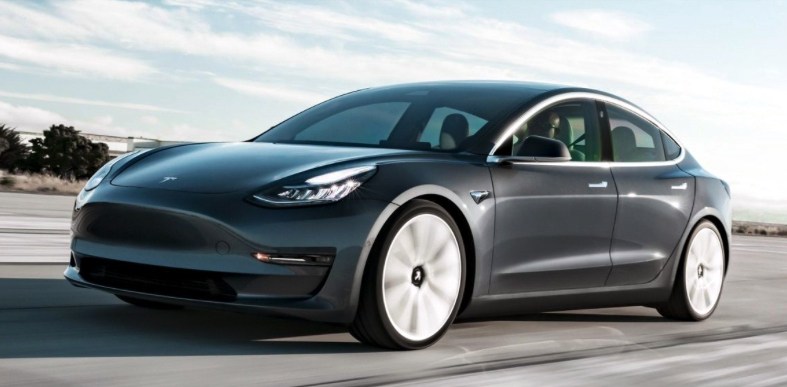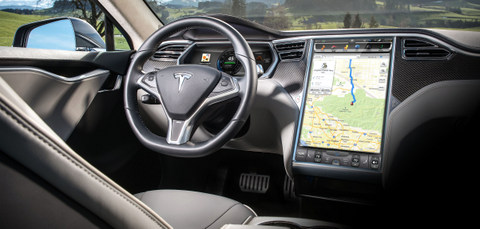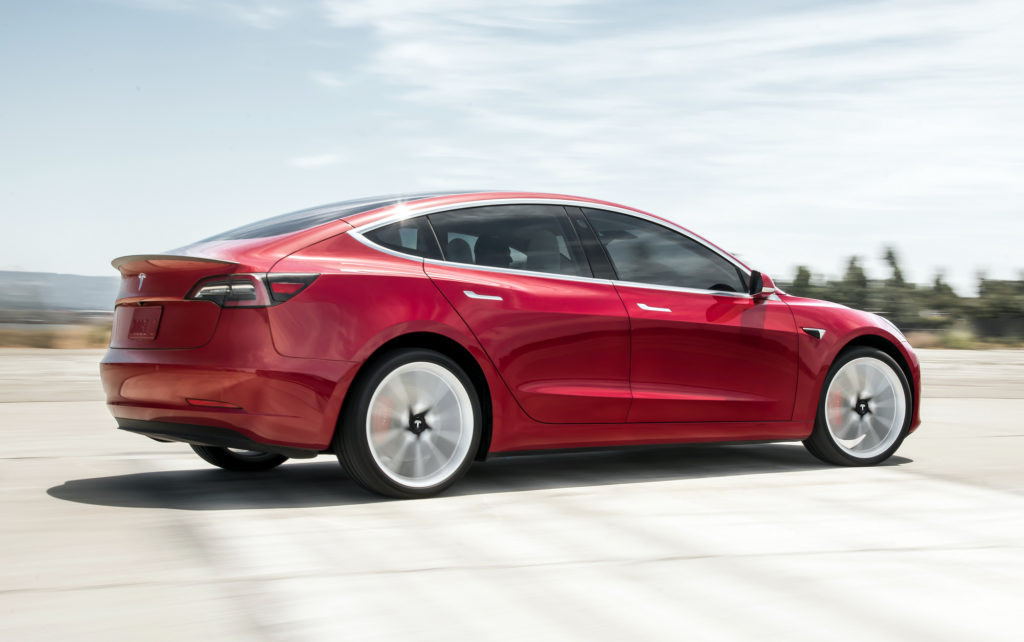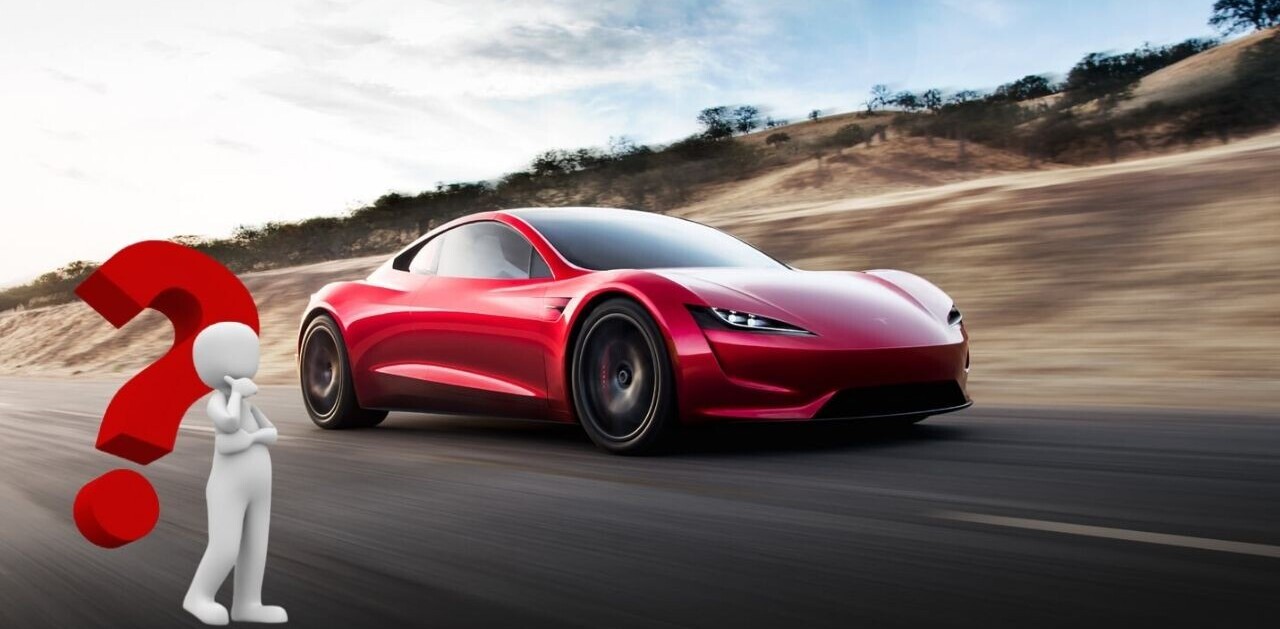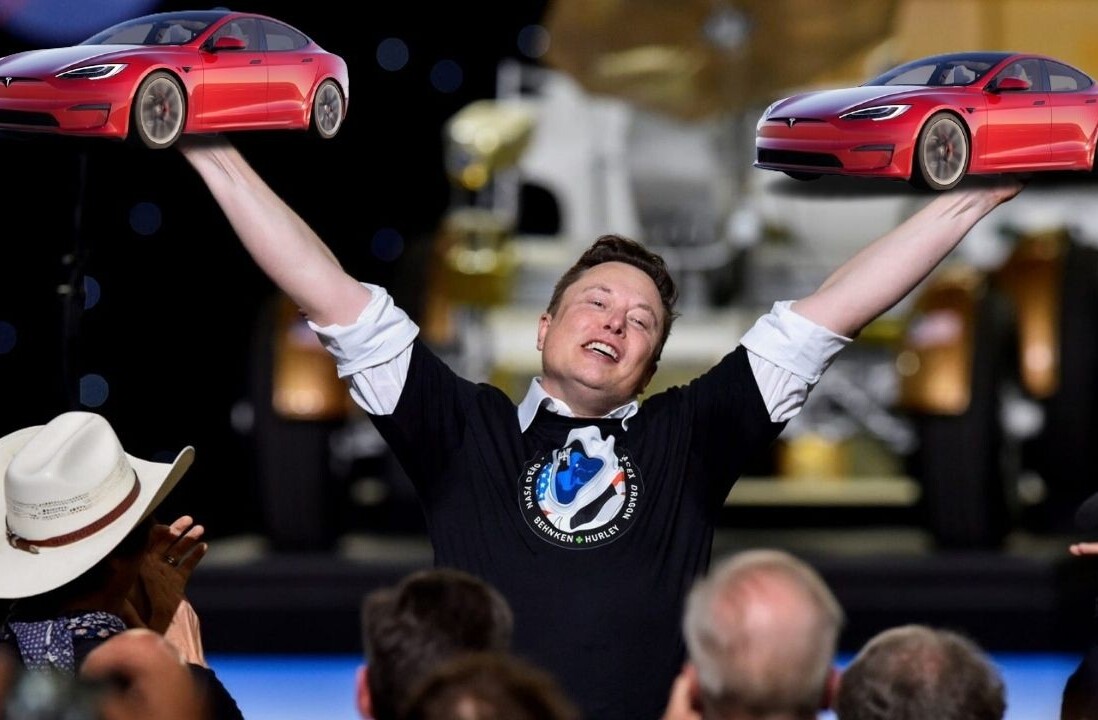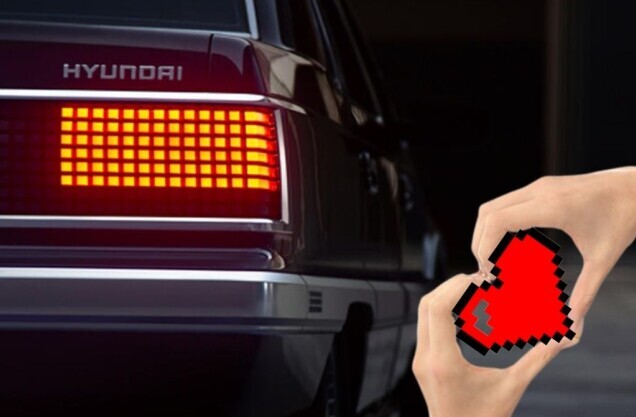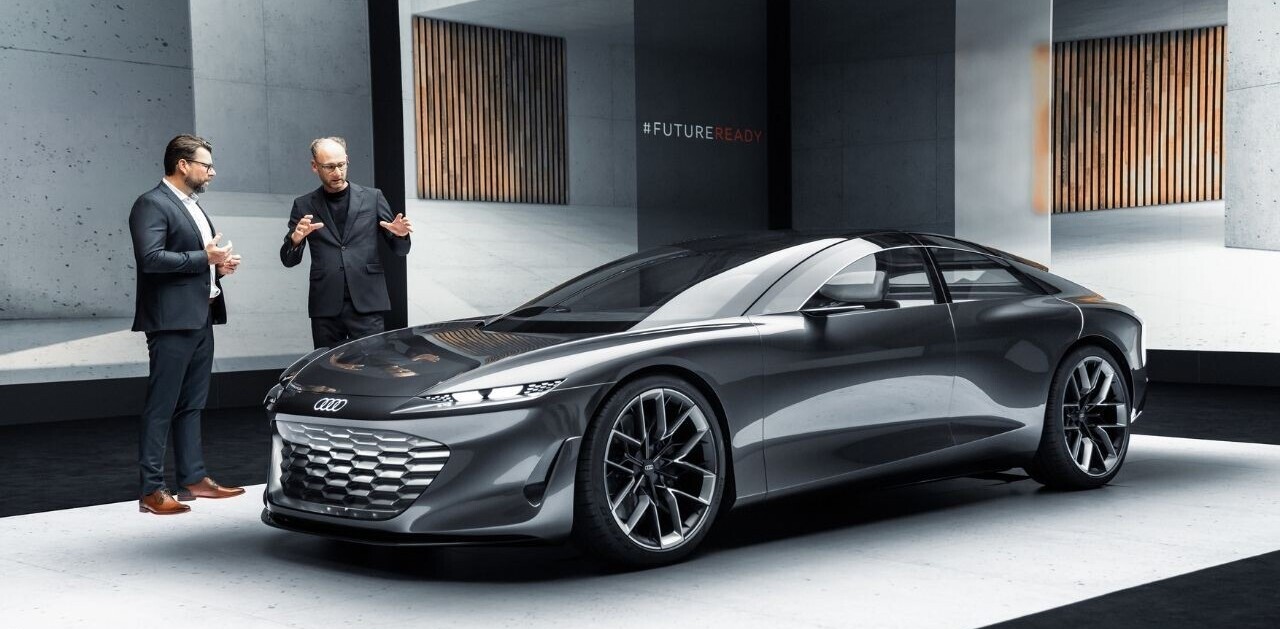This article was originally published by Michael Coates on Clean Fleet Report, a publication that gives its readers the information they need to move to cars and trucks with best fuel economy, including electric cars, fuel cells, plug-in hybrids, hybrids and advanced diesel and gasoline engines.
A just-released Consumer Reports survey puts all four Tesla models in its Top 10 most satisfying vehicles. The rankings covered value, comfort, driving, cabin storage, in-car electronics, and styling. Honda Insight Hybrid is the only electrified vehicle besides Tesla to show up in the Top 5 of any of those categories (styling). On the other hand, the least satisfying list has the Chevrolet Bolt (dinged for comfort and styling) and Honda Clarity (driving and in-car electronics) in its five worst categories. The good news, if you want to take it that way, is the negatives on those two vehicles didn’t rise to the level of making them one of the 10 least satisfying vehicles (that was an all-ICE list with Nissan-Infiniti capturing the most mentions).
The bottom line with surveys like this is they measure the emotional attachment of an owner to his/her vehicle, a tricky thing that can morph over time. Perceptions count as much as quantified repair issues. “You want to know how owners like living with a car,” said Jack Fisher, Consumer Reports’ senior director of auto testing.
CR surveyed owners one-to-three years into the owner-auto relationship, so it reflects a time beyond the initial ownership period and well into a life with a vehicle. On the other hand, it’s still early enough in the life of a modern car that only issues that have occurred will typically be unexpected ones, so it can be a reflection on how the manufacturer/dealer handles an issue as much as the issue itself. Other than those items, the survey appears to also capture nagging details that wear on owners in day-to-day use, such as seat comfort and navigating a touch-screen’s multiple layers.
A non-owner complaint
While picking up accolades from its happy customers, Tesla has some negative feedback from two governments. The company agreed with the National Highway Traffic Safety Administration (NHTSA) to recall 135,000 of its Model S and Model X to fix touch-screen failures. The repair involves installing a larger memory chip or an upgraded touch screen, according to NHSTA.
Tesla disagreed with NHTSA’s analysis of the problem but eventually volunteered to do the recall when it became clear that the company would not prevail against the regulatory agency on what was deemed a safety issue since it involved the display of the rear-facing camera when backing.
The company had a different response and tone in China to similar criticism. Tesla of China posted a comment that it “sincerely accepted the guidance of government departments” and had “deeply reflecting on shortcomings” while planning to work on issues and investigate consumer complaints.
Over in China, where Tesla sells approximately one-fifth of its total vehicles, the State Administration for Market Regulation said it and four other regulators had instructed Tesla to “abide by Chinese laws and regulations and strengthen internal management to ensure the quality and safety of its products,” according to a report cited in the Wall Street Journal.
Another survey
J.D. Power, a company that has built its brand on its automotive quality surveys, came up with results that backed up the U.S. and Chinese governments’ quality findings but is confounded by Tesla owners’ genuine love of their vehicles. J.D. Power’s last initial quality survey placed Tesla dead last in initial quality.
A more recent study of dependability, which measures problems during the third year of ownership, put Tesla 31st of 34 vehicle brands. Tesla owners reported almost twice as many problems as the brands with the fewest problems and, significantly, almost 50% more than the industry average. Quality issues at Tesla are not new or surprising as media and owner reports of issues are well-known. This was some of the first time Tesla has been included in J.D. Power surveys as its sales have finally reached levels that justify inclusion. As noted in the CR survey, owners’ attitudes towards their cars do not seem to be negatively affected by these issues.
One footnote to the J.D. Power survey. It was done without the usual cooperation from the manufacturer. Tesla refused to work with Power to send the surveys to customers in several states, but the J.D. Power was able to compile enough data in other states to present its survey findings. It found overall that “vehicle dependability is at an all-time high.”
Tesla continues to get mixed marks with owners vexed by quality issues, but still in love with their advanced electric cars. It’s a conundrum for the ages, but one Tesla has to address as more experienced competitors start to enter the market.

You can follow Clean Fleet Report on Twitter and Facebook.

SHIFT is brought to you by Polestar. It’s time to accelerate the shift to sustainable mobility. That is why Polestar combines electric driving with cutting-edge design and thrilling performance. Find out how.
Get the TNW newsletter
Get the most important tech news in your inbox each week.
